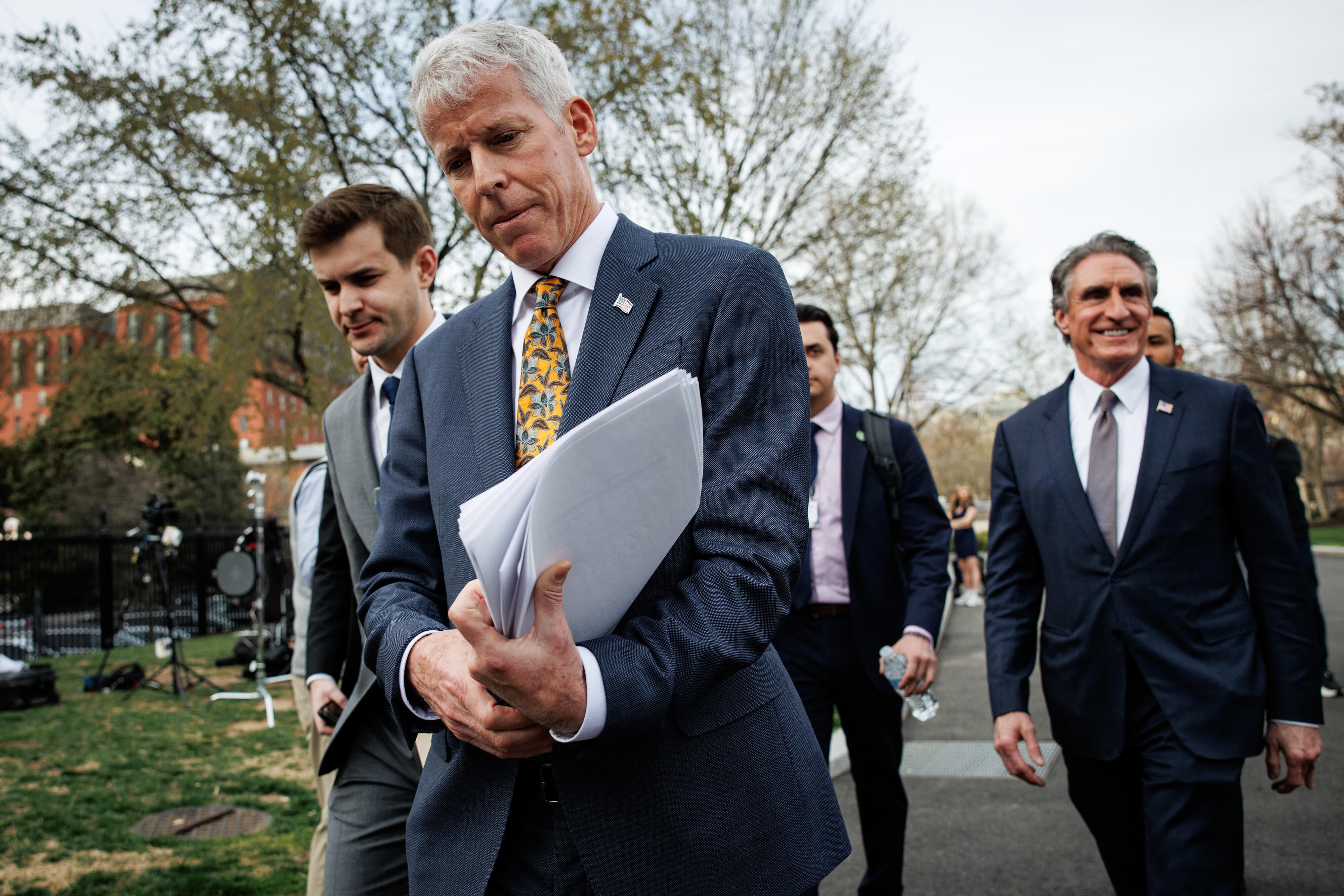The Trump administration has been taking some serious steps that some folks are not too happy about. They’ve slashed funding for climate research, shuffled around federal scientists involved in the National Climate Assessment, and even taken down older versions of the report from government sites. But the latest move has really ruffled feathers: rewriting the actual science behind climate change, based on a lawsuit filed this week by environmental groups.
Amidst plans from the Environmental Protection Agency (EPA) to undo the Endangerment Finding— the scientific claim made back in 2009 stating that carbon dioxide and other greenhouse gases can harm public health—the Department of Energy recently published a new review aimed at backing the EPA’s efforts.
Put together this spring by the 2025 Climate Working Group, which consists of five climate scientists chosen by Chris Wright, the energy secretary. But there’s been quite the backlash from environmental groups and climate experts who argue this report was crafted in secrecy by a crowd of climate skeptics hardly popular in the broader scientific community.
Rachel Cleetus, senior policy director at the Union of Concerned Scientists, voiced her concerns: “The secret report was kicked out by a group known for being contrarians. It’s filled with inaccuracies and seems designed to help the EPA dodge its legal duty to tackle health risks from greenhouse emissions and climate change.”
What’s inside this “secret” report?
The DOE report, “A Critical Review of Impacts of Greenhouse Gas Emissions on the U.S. Climate,” was put together at record speed—in just a few months—with minimal public knowledge. The final draft dropped on May 28, and in the preface, the authors admitted, “The short timeline and technical nature of the material meant we couldn’t review everything comprehensively.”
According to their findings, the report minimizes the economic repercussions of carbon-driven warming and claims that rigorous U.S. climate policies would hardly sway the global climate. They even attribute part of the warming to natural cycles or solar changes, rather than fossil fuel usage, while asserting that sea levels aren’t rising as fast as commonly believed. Oh, and it also says rising carbon dioxide levels could actually be good for plants.
In response, Phil Duffy, chief scientist at Spark Climate Solutions, opines, “The report presents a skewed and incomplete look at how climate change interacts with the U.S.” Duffy, along with others from the scientific community, warns that the DOE report is cherry-picking data, twisting peer-reviewed findings, and overlooking the consensus that human activities are accelerating warming. Many research-focused groups have fired back with fact-checks pinpointing over 100 inaccuracies from this report.
In light of all the outrage, CBS News reached out to the Department of Energy. Their reply was to reference Wright’s statement in the report’s preface, where he mentioned he selected the panel for their “rigor, honesty, and willingness to boost the discussion.”

“This DOE report serves a political agenda rather than being credible scientific research,” criticized Ben Santer, a climate guide and board member of the Union of Concerned Scientists. He mentioned that his own work had been misrepresented in this DOE paper, suggesting that the authors have taken liberties to twist evidence for political goals.
Critics from the scientific community have also pointed out that this chosen group of five are notorious for holding contrarian views about climate science, frequently opposing widely accepted scientific understandings of climate change factors.
“They picked this tiny circle of climatologists who contest a mountains of evidence acknowledged by the broader scientific consensus,” said Vickie Patton, general counsel at the Environmental Defense Fund. “Some of them even have ties to the fossil fuel industry.”
Serious concerns about revisiting the science
Energy Secretary Chris Wright, who has ties to the oil and gas sector, has had no qualms about sharing his stance on climate change. Earlier this year, he stated that climate change is “a by-product of progress,” professing readiness to endure minor adverse effects for the sake of advancing human achievements. He has previously expressed his belief that, while climate change is real, it isn’t our top concern, insisting that the priority remains making energy affordable and reliable.
Wright has been upfront about his thoughts on federal climate research, even informing CNN that the administration is reviewing past federal climate assessments and may issue updates soon, causing concern among scientists about possible revisions or censorship of crucial research.
“Science should have the space to speak for itself, and I really worry that might not be happening here,” Duffy told CBS News.
Notably, National Climate Assessments involve years of work and contributions from hundreds of scientists.
Duffy emphasized that Wright wasn’t around for the previous reports, thus he lacks the authority to alter them. “He can’t redefine the National Climate Assessment any more than I can rewrite ‘The Great Gatsby,’” Duffy stated firmly.
The Environmental Defense Fund and Union of Concerned Scientists launched a lawsuit on Tuesday in federal court against both the EPA and the Department of Energy, claiming a breach of the Federal Advisory Committee Act, which mandates transparency and balanced membership in government advisory roles. Their suit alleges the Climate Working Group was formed behind closed doors, with its findings hidden from the public, subsequently cited by the EPA in 22 instances to help finalize the repeal of the Endangerment Finding. The organizations are pushing for a court order that blocks the government from using this report until they comply with the necessary transparency obligations.
When approached for comment regarding the lawsuit, the EPA responded that they typically refrain from discussing ongoing litigation, deflecting inquiries to the Department of Energy, which has not responded to requests for further information.



















